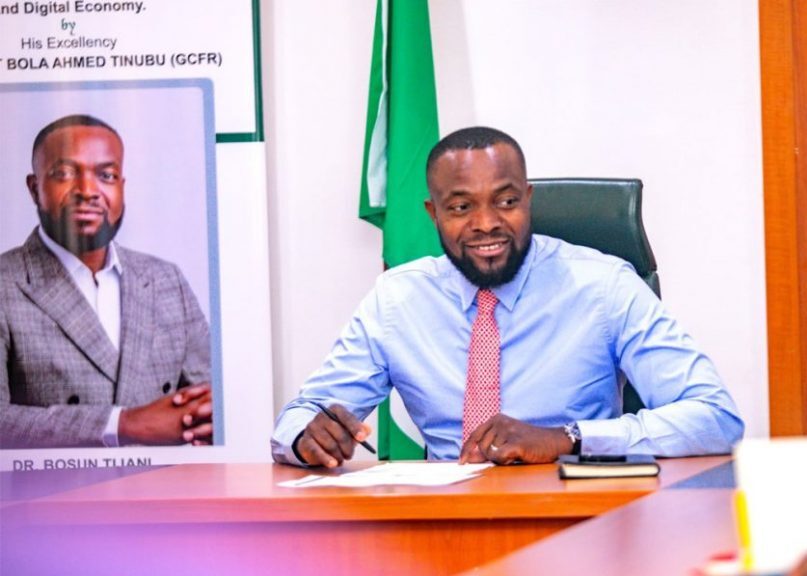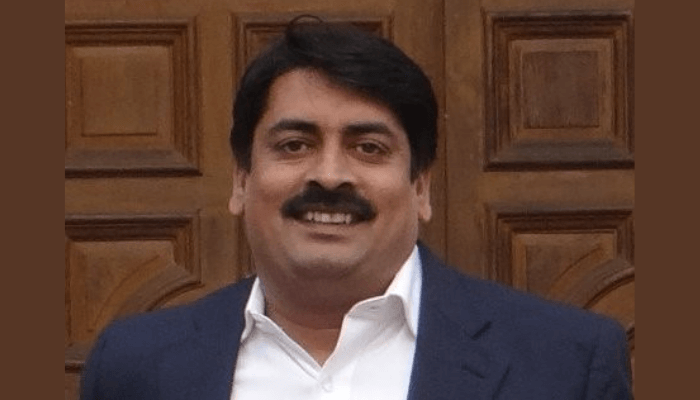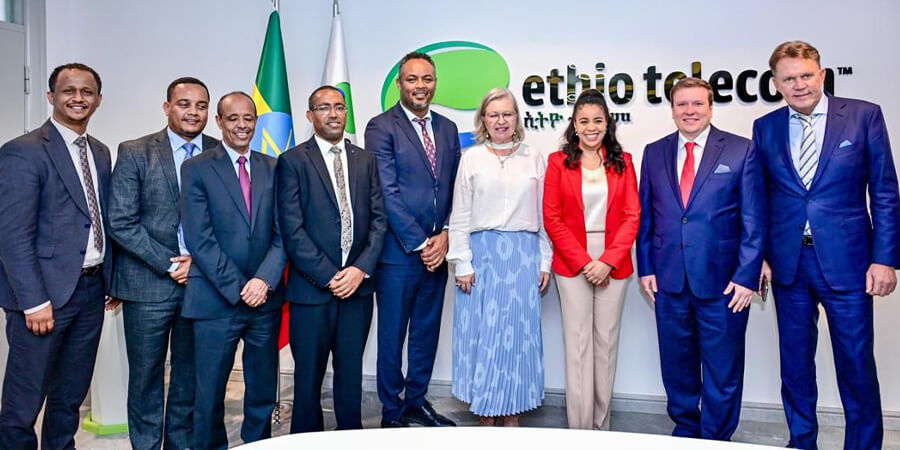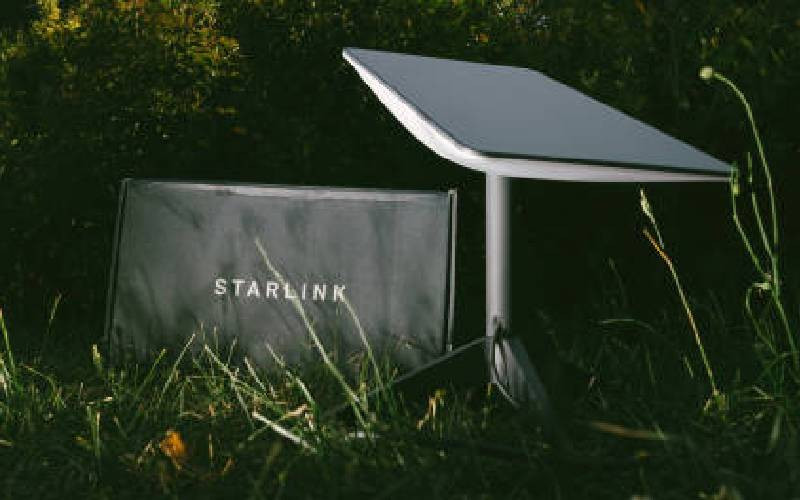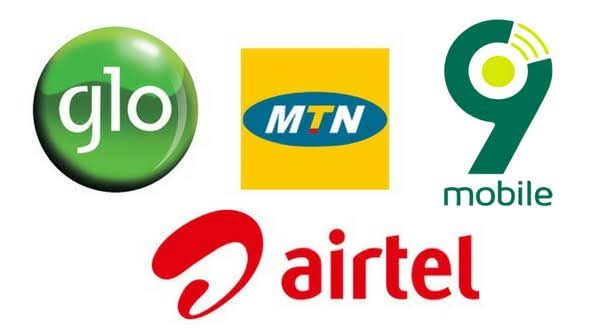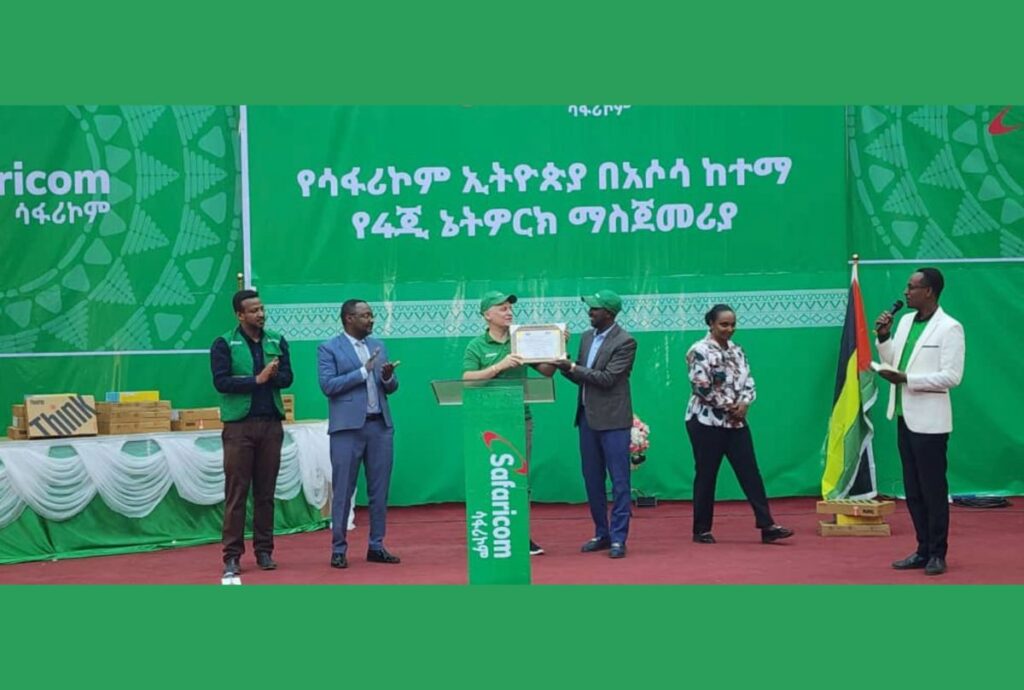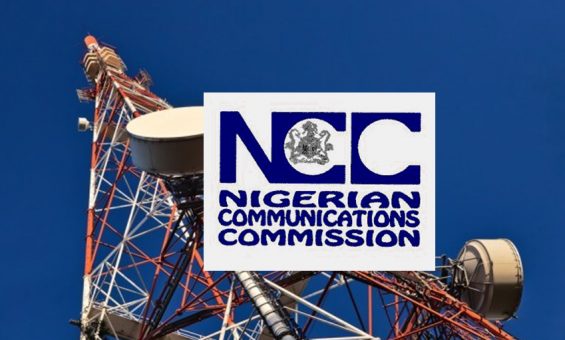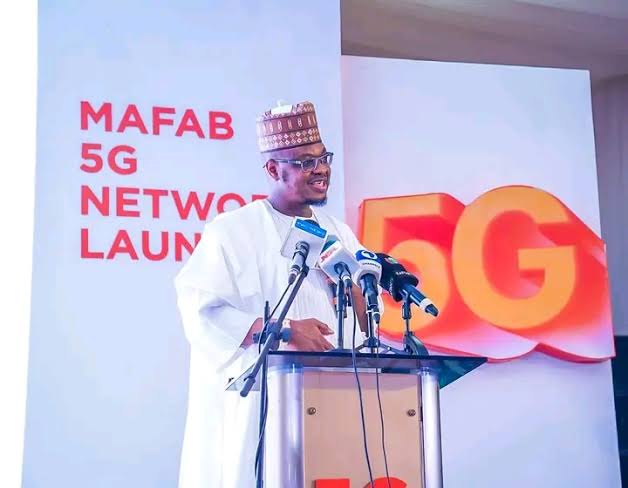Dr Bosun Tijani, Minister of Communications, Innovation, and Digital Economy, announced on Wednesday at a stakeholder meeting in Abuja that telecom tariffs will soon rise.
However, he clarified that the increase would not match the 100 percent hike requested by telecom operators.
He said that discussions and engagements were ongoing to reach a fair rate and that the Nigerian Communications Commission (NCC) would soon approve the new tariffs and make them available to Nigerians.
Read also: Airtel Nigeria CEO pushes for tariff increase to ensure telecom sector’s sustainability
He stated, “You have seen over the past weeks that there has been agitation from some of these companies to increase tariffs. They are requesting a 100 percent tariff increase, but it will not be 100 per cent. We are still looking at that study and NCC will come up with a clear directive on how we will go about it.”
“We want to strike the balance as a government to protect our people, but also protect and ensure that these companies can continue to invest significantly. We need to ensure that as a sector, we get our acts together, ensure that from the regulation side, we put the right regulations in place that can ensure the growth of this sector,” he emphasised.
Government to invest in telecom infrastructure
The minister added that the federal government will no longer rely solely on private enterprises to fund infrastructure projects in the sector.
He continued, “As a country, over time, we have left these investments in the hands of the private sector. They typically invest where they can see returns in the short to medium term.”
“We will not want this conversation to just be about tariff increase. I think what the world is talking about today is meaningful connectivity. You want to have access to very good quality service.”
“A part of it that the consumers may not be aware of is the investment that needs to go into the infrastructure that is used to deliver these services,” he said.
About telecom’s sustainability
According to Dr Aminu Maida, the NCC’s Executive Vice-Chairman (EVC), the purpose of the stakeholder gathering was to discuss the industry’s sustainability.
“We have looked at all of these factors, and that is why, as the Minister said, it is not likely that we are going to approve a 100 per cent tariff increase,” he stated.
“I know that Nigerians are agitated to hear the exact percentage approved. There are still some stakeholder engagements that we are going through, but you will hear from us within a week or two,” he assured.
He said that by updating its quality of service rules, the NCC had implemented a variety of methods and instruments to ensure service quality compliance.
Read also: Airtel Africa commences second share buyback program, aims to return $100 million to shareholders
Nigerians must know the cost of service
According to EVC Maida, MNOs must use streamlined templates to display to Nigerians the costs per minute for SMS, voice calls, and megabytes of data.
He stated, “We are moving away from the regime where you will have a main rate, then you will now have a bonus which is at a different rate. It makes it often complicated for Nigerians to understand what they are being charged for.”
“This is one of the things when we took a lot of time over the past year looking at data. There is this agitation that the MNOs are stealing our data,” he said.
Tariff increases are necessary to support the telecom’s commitment to providing better connectivity and promoting digital inclusiveness, according to Dinesh Balsingh, CEO of Airtel Nigeria, who was represented by Femi Adeniran, spokeswoman for Airtel media.
He said, “The economic realities of rising operational and capital costs necessitated the proposed tariff adjustments.”
“This is aimed to ensure the long-term sustainability of the sector while unlocking significant benefits for Nigerian consumers,” he said.
